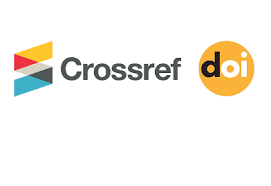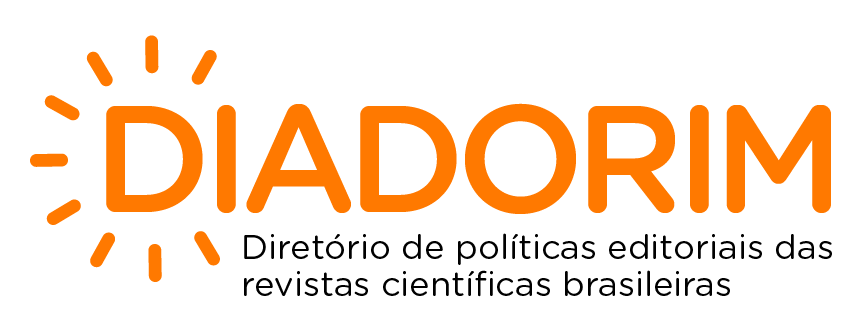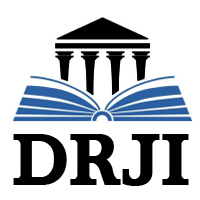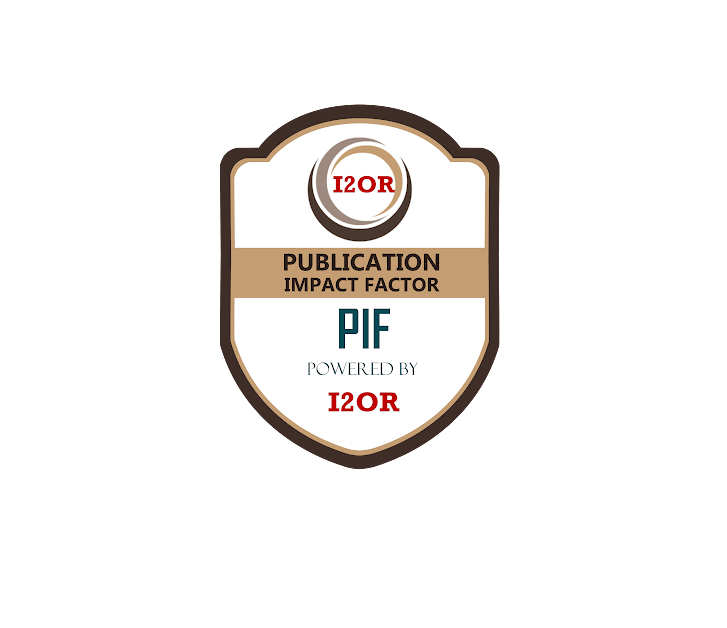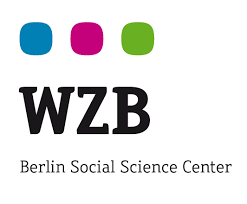IDENTIFICACIÓN DE LOS SÍNTOMAS DEL TRASTORNO DE PERSONALIDAD DE BODERLINE EN ADOLESCENTES: UNA REVISIÓN NARRATIVA
DOI:
https://doi.org/10.53612/recisatec.v2i2.88Palabras clave:
se describe en la literatura, el comportamientoResumen
Como se describe en la literatura, el comportamiento de automutilación, el intento de suicidio o ideación suicida, la desregulación emocional, los problemas de sí mismos, las relaciones caóticas y la impulsividad en adolescentes pueden ser las premisas del diagnóstico del Trastorno Límite de la Personalidad (TLP). En esta dirección, el modelo de tratamiento de la Terapia Dialéctica Conductual adaptada para adolescentes (DBT-A), ha mostrado resultados prometedores y sus aplicaciones se han expandido a otros contextos como unidades de hospitalización y escuelas. Este artículo tiene como pregunta guía: ¿Cuál es la influencia de la desregulación emocional y el autoconcepto en las conductas de riesgo en adolescentes entre 12 y 18 años de edad? Como objetivos específicos, el artículo pretende caracterizar los síntomas del TLP en adolescentes, mapeando áreas como la confusión sobre la identidad, la impulsividad, la desregulación emocional y las relaciones interpersonales caóticas y, finalmente, indicar medidas de intervención psiquiátrica o psicoterapéutica. A través de un estudio cualitativo, una revisión de la literatura, se encontró que el tratamiento de la DBT ofrece las herramientas necesarias no solo para saber cómo lidiar con las crisis, sino también en formas de evitar que ocurran.
Descargas
Citas
Baggio, L. Palazzo, L. S. & Aerts, D. R. G. C. (2009). Planejamento suicida entre adolescentes escolares: prevalência e fatores associados. Cadernos de Saúde Pública, Rio de Janeiro, 25(1):142-150. DOI: https://doi.org/10.1590/S0102-311X2009000100015
Beck, J. S. (2007). Terapia Cognitivo Comportamental – Teoria e Prática. Porto Alegre: Artmed.
Courtney, D. B., & Flament, M. F.. (2015). Adapted Dialectical Behavior Therapy for Adolescents with Self-injurious Thoughts and Behaviors. The Journal of Nervous and Mental Disease, 203(7), 537–544. DOI: https://doi.org/10.1097/NMD.0000000000000324
Fleischhaker, C., Böhme, R., Sixt, B., Brück, C., Schneider, C., & Schulz, E.. (2011). Dialectical Behavioral Therapy for Adolescents (DBT-A): a clinical Trial for Patients with suicidal and self-injurious Behavior and Borderline Symptoms with a one-year Follow-up. Child and Adolescent Psychiatry and Mental Health, 5(1), 3. DOI: https://doi.org/10.1186/1753-2000-5-3
Flynn, D., Joyce, M., Weihrauch, M., & Corcoran, P.. (2018). Innovations in Practice: Dialectical behaviour therapy - skills training for emotional problem solving for adolescents (DBT STEPS-A): evaluation of a pilot implementation in Irish post-primary schools. Child and Adolescent Mental Health. DOI: https://doi.org/10.1111/camh.12284
Gill, D., Warburton, W., Simes, D., Sweller, N.. (2017). Group Therapy for Emotional Dysregulation: Treatment for Adolescents and Their Parents. Child and Adolescent Social Work Journal, 35(2), 169–180. DOI: https://doi.org/10.1007/s10560-017-0510-8
Katz, L. Y., Cox, B. J., Gunasekara, S., & Miller, A. L.. (2004). Feasibility of Dialectical Behavior Therapy for Suicidal Adolescent Inpatients. Journal of the American Academy of Child & Adolescent Psychiatry, 43(3), 276-282. DOI: https://doi.org/10.1097/00004583-200403000-00008
Kreisman, J.J.. (2010). I Hate You, Don't Leave Me: understanding the borderline personality. New York: Perigee Book.
Linehan, M. (2010). Terapia Cognitivo-Comportamental para Transtorno da Personalidade Borderline. Porto Alegre: Artmed.
Mazza, J., Dexter-Mazza., Miller, A., Rathus, J., Murphy, H. (2016). DBT Skills in schools: Skills Training for Emotional Problem Solving for Adolescents. Guilford. DOI: https://doi.org/10.1093/oxfordhb/9780198758723.013.21
McDonell M. G., Tarantino, J., Dubose, A. P., Matestic, P., Steinmetz, K., Galbreath, H. Mcclellan, J. M.. (2010). A Pilot Evaluation of Dialectical Behavioural Therapy in Adolescent: Long-Term Inpatient Care, Child and Adolescent Mental Health , 15(4), 193-196. DOI: https://doi.org/10.1111/j.1475-3588.2010.00569.x
Mehlum, L., Tørmoen, A. J., Ramberg, M., Haga, E., Diep, L. M., Laberg, S., Larsson, B. S., Stanley, B. H., Miller, A. L., Sund, A. M. & Grøholt, B.. (2014). Dialectical Behavior Therapy for Adolescents with Repeated Suicidal and Self-harming Behavior: A Randomized Trial. Journal of the American Academy of Child & Adolescent Psychiatry, 53(10), 1082–1091. DOI: https://doi.org/10.1016/j.jaac.2014.07.003
Miller, A., Rathus, J. H., Linehan, M. M.. (2007). Dialectical Behaviour Therapy with Suicidal Adolescents. Guilford Press: New York.
Nelson-Gray, R. O., Keane, S. P., Hurst, R. M., Mitchell, J. T., Warburton, J. B., Chok, J. T., Cobb, A. R.. (2006). A modified DBT skills training program for oppositional defiant adolescents: promising preliminary findings. Behaviour Research and Therapy, 44(12), 1811–1820. DOI: https://doi.org/10.1016/j.brat.2006.01.004
Perepletchikova F., Axelrod S.R., Kaufman J., Rounsaville B.J., Douglas-Palumberi H., Miller A.L. (2011). Adapting Dialectical Behaviour Therapy for Children: Towards a new research agenda for paediatric suicidal and non-suicidal self-injurious behaviours. Child Adolesc Ment Health, 16(2), 116-121. doi:10.1111/j.1475-3588.2010.00583.x DOI: https://doi.org/10.1111/j.1475-3588.2010.00583.x
Porr, V. (2010). Overcoming Personality Disorder. New York: Oxford University Press.
Quinn, M., Hymas, R.. (2017). Evaluation of a pilot dialectical behaviour therapy skills training group, in a child and adolescent mental health service team. Mental Health Practice, 21(4), 24–28. DOI: https://doi.org/10.7748/mhp.2017.e1247
Rathus J. H., Miller A. L.. (2015). DBT Skills Manual for Adolescents. New York: The Guilford Press.
Rathus J. H., Wagner D. & Miller A. L. (2015). Psychometric Evaluation of the Life Problems Inventory, a Measure of Borderline Personality Features in Adolescents. Journal Psychology and Psychotherapy, 5(4). doi 10.4172/2161-0487.1000198.
Santana, C. M. L.; Domingos, L. F. & Zanatta, C. (2021a). Spirituality beliefs and sense of life realization: A social cognition research. International Journal of Development Research. Volume: 11. DOI: https://doi.org/10.37118/ijdr.22379.07.2021
Santana, C. M. L. & Zanatta, C. (2021). Espiritualidade e Sentido de vida. Curitiba, PR: CRV. DOI: https://doi.org/10.24824/978652510919.0 DOI: https://doi.org/10.24824/978652510919.0
Santana, C., M., L.; Domingos, L., F.; Zanatta, C.; Telles, L., C. (2021b). O Homem em busca de sentido, frente a diversidade cultural. In: Zanatta, C., Santana, C. M. L. & Campos, L., A. M. (Org). Cognição social e Logoterapia. Curitiba, SC: Editora CRV. https://doi.org/10.24824/978652510961.9 DOI: https://doi.org/10.24824/978652510961.9.49-64
Santana, C. M. L. de, Domingos, L. F., Monteiro Campos, L. A., Zanatta, C., & Cordeiro Telles, L.. (2021c). A contribuição da teoria de Schutz para a terapia familiar. RECIMA21 - Revista Científica Multidisciplinar - ISSN 2675-6218, 2(4), e24274. https://doi.org/10.47820/recima21.v2i4.274 DOI: https://doi.org/10.47820/recima21.v2i4.274
Swenson, C. R. (2016). DBT Principles in Action – Acceptance, Change and Dialectics. New York: The Guilford Press.
Wright, J. H., Basco, M. R. & Thase, M. E. (2008). Aprendendo a Terapia Cognitivo-Comportamental – um guia ilustrado. Porto Alegre: Artmed
Descargas
Publicado
Cómo citar
Número
Sección
Categorías
Licencia
Derechos de autor 2022 RECISATEC - REVISTA CIENTÍFICA SALUD Y TECNOLOGÍA

Esta obra está bajo una licencia internacional Creative Commons Atribución 4.0.
Os direitos autorais dos artigos/resenhas/TCCs publicados pertecem à revista RECISATEC, e seguem o padrão Creative Commons (CC BY 4.0), permitindo a cópia ou reprodução, desde que cite a fonte e respeite os direitos dos autores e contenham menção aos mesmos nos créditos. Toda e qualquer obra publicada na revista, seu conteúdo é de responsabilidade dos autores, cabendo a RECISATEC apenas ser o veículo de divulgação, seguindo os padrões nacionais e internacionais de publicação.








